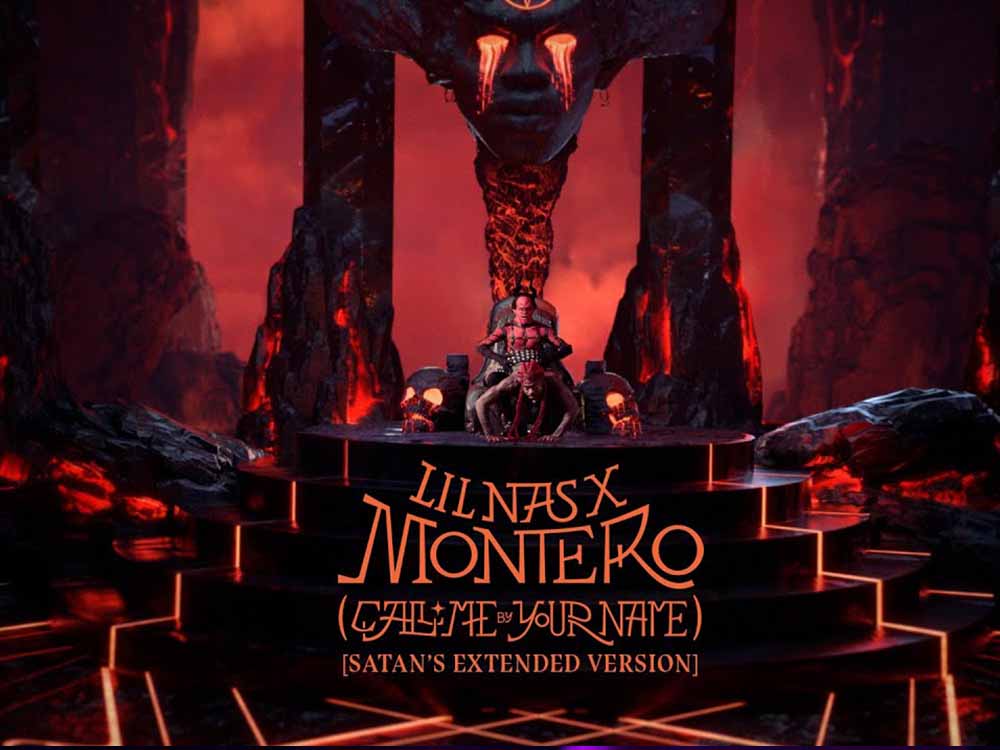“MONTERO (Call Me by Your Name)” by Lil Nas X (2021): A Bold and Controversial Anthem of Self-Expression and Empowerment
“MONTERO (Call Me by Your Name)” by Lil Nas X made waves in 2021 with its bold and unapologetic celebration of self-expression and empowerment. From its groundbreaking visuals, thought-provoking lyrics, musical innovation, critical reception, and cultural impact, let’s delve into a detailed overview of “MONTERO (Call Me by Your Name)” and its boundary-pushing journey.
Unleashing Authenticity: A Journey of Self-Acceptance and Liberation
“MONTERO (Call Me by Your Name)” takes listeners on a journey of self-acceptance and liberation, as Lil Nas X fearlessly embraces his identity and challenges societal norms. The song explores themes of sexuality, desire, and self-expression, inviting listeners to reflect on their own journeys and break free from societal expectations. With its unabashed celebration of individuality, the song has become an anthem for LGBTQ+ empowerment.
Provocative Visuals and Artistic Expression
The music video for “MONTERO (Call Me by Your Name)” became an instant sensation, captivating viewers with its provocative and visually stunning imagery. Lil Nas X’s artistic vision pushes boundaries, challenging societal taboos and sparking conversations about artistic freedom. The video’s symbolism and religious imagery stirred controversy while also serving as a powerful statement of self-expression.
Musical Innovation and Catchy Melodies
“MONTERO (Call Me by Your Name)” showcases Lil Nas X’s musical versatility and innovation. The song seamlessly blends elements of pop, hip-hop, and rock, creating a unique and infectious sound. The catchy melodies, infectious hooks, and memorable lyrics contributed to the song’s widespread appeal and its ability to resonate with listeners of diverse musical tastes.
Critical Reception and Cultural Impact
“MONTERO (Call Me by Your Name)” received both praise and controversy upon its release. Critics lauded Lil Nas X for his fearlessness, artistic vision, and the song’s impact on LGBTQ+ representation in the music industry. The song sparked conversations about the intersection of music, identity, and societal acceptance. It became a cultural phenomenon, inspiring viral trends, memes, and discussions about artistic expression, homophobia, and the power of self-love.











